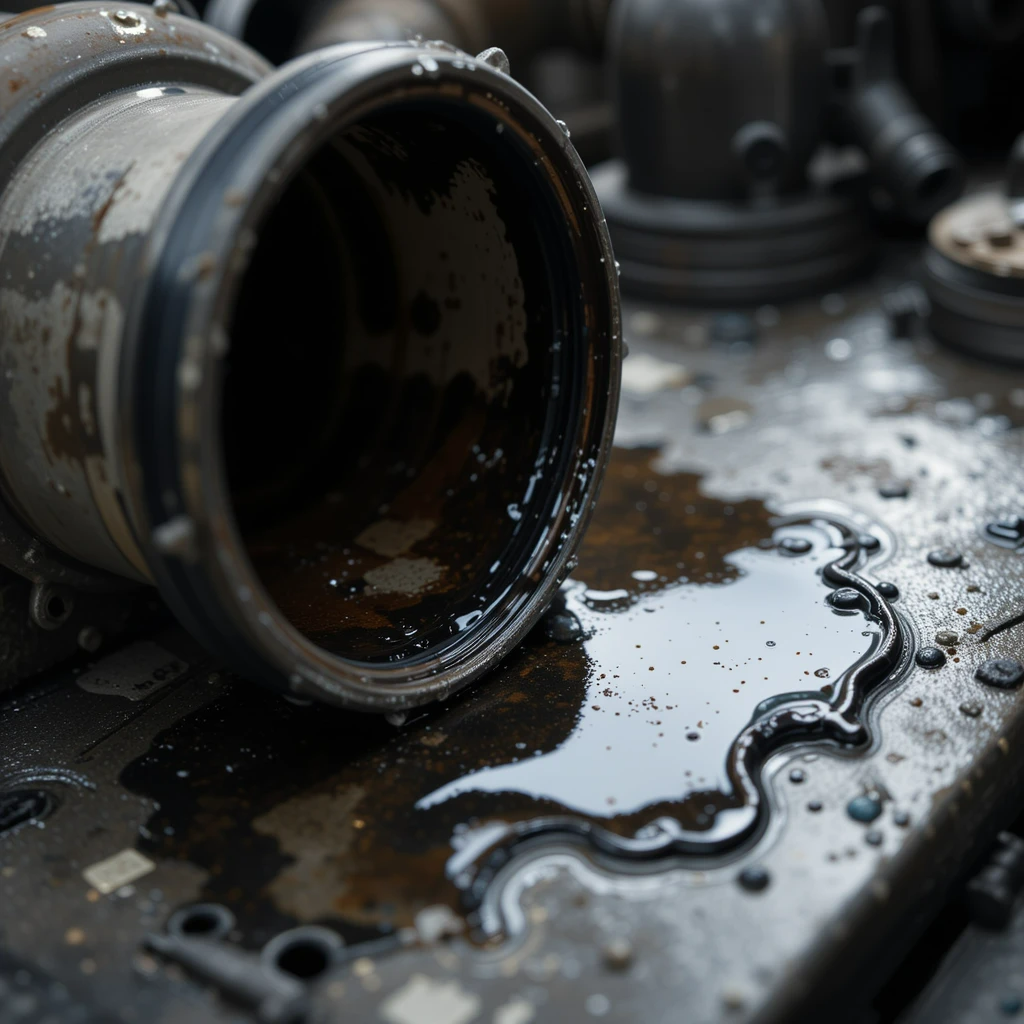Custom gaskets
Fuel resistant gaskets / material
Fuel-resistant gaskets are crucial components in various industrial applications, particularly in the automotive, aerospace, and chemical processing industries. The material choice for these gaskets is paramount, as it directly influences their performance, longevity, and compatibility with different fuels. This text will elucidate the key materials commonly utilized in the production of fuel resistant gaskets and their respective properties.
One of the most widely employed materials is fluorocarbon rubber, often known as Viton. This synthetic elastomer exhibits exceptional resistance to a wide range of fuels, oils, and chemicals, making it ideal for applications involving exposure to harsh substances.
Fluorocarbon rubber also possesses impressive thermal stability, ensuring that the gaskets maintain their integrity under varying temperature conditions.
Another suitable material is polytetrafluoroethylene (PTFE), renowned for its low friction properties and chemical resistance. PTFE gaskets are particularly advantageous in scenarios where sealing against aggressive fuels is necessary. Their inert nature allows them to remain unaffected by nearly all chemicals, providing an effective seal that enhances the safety and efficiency of fuel systems.
In addition, reinforced rubber compounds can serve as effective alternatives for fuel-resistant gaskets. These materials are typically formulated with additives to enhance their resistance to fuel degradation while maintaining flexibility and sealing capability. They are often used in less critical applications where cost-effectiveness is essential without substantially compromising performance.
Ultimately, the selection of gasket materials should be guided by an assessment of the specific operational conditions, including the types of fuels involved, temperature fluctuations, and potential chemical interactions. Careful consideration of these factors will ensure that the chosen gasket material delivers optimal sealing performance, reduced maintenance costs, and prolonged service life in fuel-related applications.

